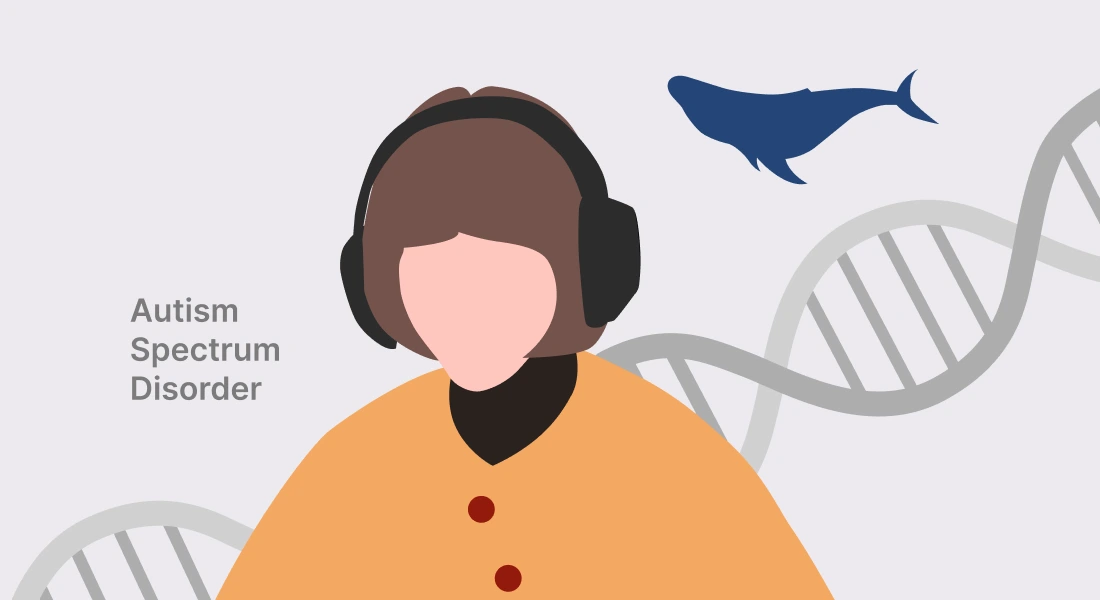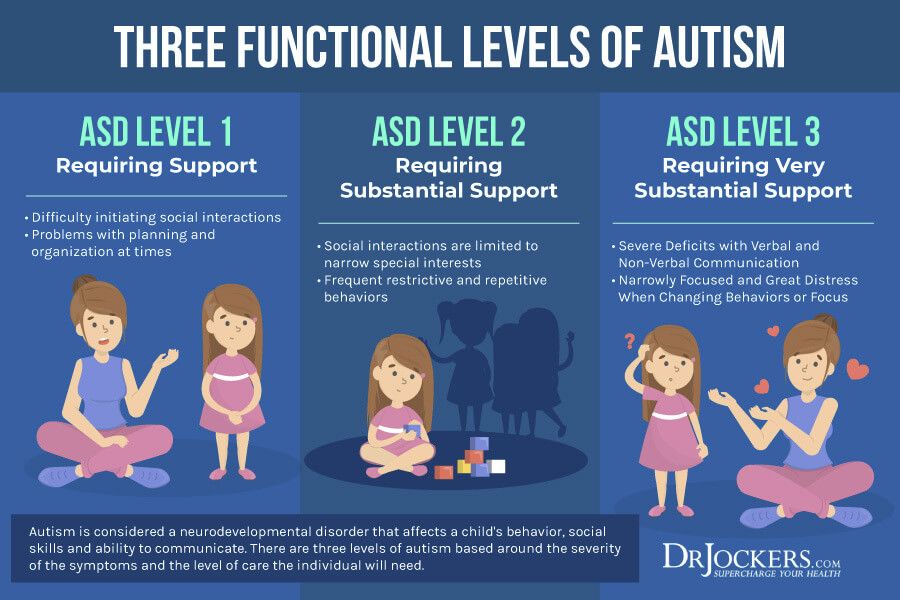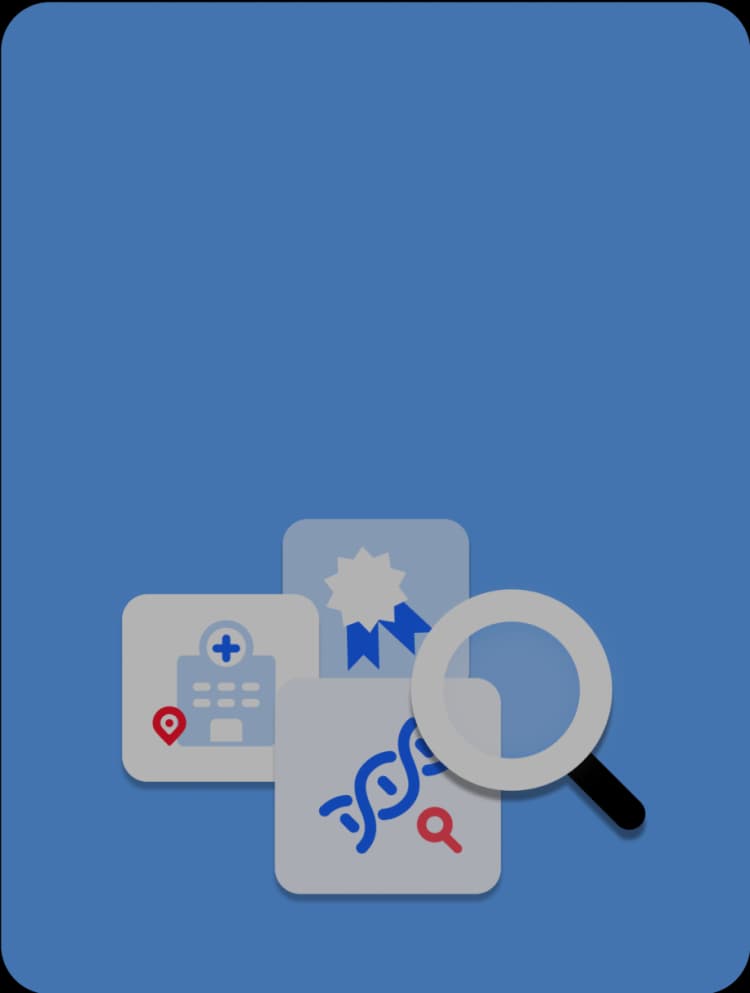Is ASD featured in Extraordinary Attorney Woo a genetic disorder?

The television series Extraordinary Attorney Woo streaming on Netflix has become a global box office hit. As proof of its success, it entered the All-time top 10 list of Non-English TV series on Netflix as of late August, 2022.

Fig. 1. from: top10.netflix.com/tv-non-english
Extraordinary Attorney Woo consists of a series of courtroom episodes surrounding the protagonist, who has autism spectrum disorder (ASD). The main character, Woo Young-woo has level 1 ASD, which is classified as a type of high-functioning autism. This gives her extraordinary abilities, and she plays a large role as a newbie lawyer.
The series has been receiving a lot of attention from viewers in light of its box office success, but there have been conflicting views on how it depicts people with ASD. Some say that the series has depicted the major characteristics of ASD fairly accurately raising awareness of ASD, but others say that it is unrealistic in many aspects.
So, what causes ASD? Is it a genetic disorder? How do you diagnose ASD? Can ASD be “diagnosed” solely based on genetic testing provided by 3billion? Let’s find out together.
Q. What is ASD?
Autism spectrum disorder, as suggested by the name, refers to a wide range of symptoms and severity, rather than a single disorder.
Patients with ASD have difficulty developing communication and social interaction skills from an early age. This disorder also includes unusual behavioral patterns, a short attention span, and repetitive movements. The inability to make eye contact and vocal stimming, such as repeating phrases that others say, are also common behavioral patterns.
For a long time, autistic disorder, Asperger syndrome, childhood disintegrative disorder, and the catch-all diagnosis of pervasive developmental disorder were separate diagnoses, according to the Diagnostic and Statistical Manual of Mental Disorders 4th edition (DSM-IV), which was used from 1994 to 2013. However, these disorders have been redefined and merged into ASD according to DSM-V since 2013. Now, they are no longer recognized as a separate diagnosis and are placed on the ASD spectrum.
For more details on diagnostic criteria, please refer to DSM-V.
Q. How severe is Woo Young-woo’s ASD?
DSM-V classifies ASD into 3 levels depending on the severity of the condition. from Extraordinary Attorney Woo suffers from level 1 ASD, which is the mildest form. People with level 1 ASD have little difficulty developing social skills and relationships with appropriate support.
In one episode, Woo also refers to her condition as a form of high-functioning autism and Asperger syndrome. Woo takes advantage of her photographic memory and wins many of her cases.

Fig. 2. from: completechildrenshealth.com.au/what-are-the-three-levels-of-asd
Q. What causes ASD?
As far as we know, ASD is caused by complex interactions between environmental, biological, and genetic factors.
According to the National Institutes of Health, there are several factors that can make an individual more prone to ASD, such as:
- Having a sibling with ASD
- Having certain genetic or chromosomal conditions, such as fragile X syndrome or tuberous sclerosis
- Experiencing complications at birth
- Being born to older parents
Several recent studies have shown that a child who has a sibling with ASD is 60 times more likely to develop autism compared to the general prevalence rate. Although the factors that cause have not yet been completely identified, multiple studies have shown that abnormalities at certain chromosomal locations, such as chromosome 7q, chromosome 1p, chromosome 3q, chromosome 16p, and chromosome 15q, are associated with the expression of ASD symptoms. (The p arm and q arm refer to the short and long arm, respectively, based on the centromere.)
Q. Given that there are genetic factors involved, can ASD be diagnosed with genetic testing?
Actually, multiple genetic tests (karyotyping, chromosomal microarray analysis, whole exome sequencing, whole genome sequencing) are available for identifying the underlying genetic cause of symptoms. However, ASD is not a monogenic disease, in which a single variant is responsible for a single genetic disorder. Thus, ASD cannot be diagnosed only with genetic testing.
Since ASD is affected by a complex interaction between genetic and environmental factors, it is generally diagnosed based on the number of symptoms or behaviors that meet the DSM-5 criteria rather than a single genetic test.
Q. So is genetic testing unnecessary for the diagnosis of autism spectrum disorder?
Even so, there are cases when genetic testing is essential for the diagnosis of ASD. There are several rare genetic disorders that are accompanied by autistic behaviors in general. These disorders can be quickly identified using genetic testing, and patients can be given the appropriate treatment early on.
For example, according to an article in Scientific American, Maia received general tests for fragile X syndrome and Angelman syndrome at the age of 2. The results came out negative, and Maia’s mother was led to believe that there was no genetic cause”. After a year had passed, chromosomal microarray genetic testing showed that Maia was suffering from Phelan-McDermid syndrome, which is a separate disorder. Phelan-McDermid syndrome frequently affects the kidneys and eyes, and only after the diagnosis, Maia was able to get regular check-ups for her kidneys and eyes.
Another patient diagnosed with ASD, James, suffered from abnormal bleeding after a sinus reconstruction, which was unrelated to his diagnosis. After an exome test, they found that his autism and bleeding were caused by pathogenic variants in the TAF1 gene and GP9 gene, respectively.
As such, there are cases in which patients show symptoms of autism, and there are definite genetic causes. Since early diagnosis and treatment can dramatically improve prognosis, it is important to utilize genetic testing.
We got to learn more about Woo’s ASD through our blog post. According to the CDC, 1 in 44 American children at the age of 8 suffer from ASD, which seems quite common. It is also important to note that there are patients diagnosed with ASD, who actually have complications due to rare genetic disorders. Everyone has different strengths and weaknesses. Learning about them is the first step to getting to know anyone. We believe that taking an interest in others can make a difference in their lives. We must show kindness as individuals and sustain continued efforts in medical research.
Get exclusive rare disease updates
from 3billion.

Yeonho Kang
Passionate about innovation and problem-solving, leading global growth marketing at a genetic testing provider, making a meaningful impact in rare disease care.







